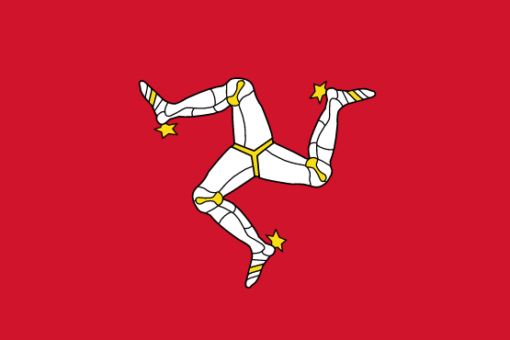Isle of Man to debate assisted dying in January 2020

Dr Alex Allinson, Member of the House of Keys (MHK) for Ramsey, brought the following motion, which will be debated at the January sitting of Tynwald: “That Tynwald is of the opinion that legislation to allow for voluntary assisted dying should be introduced”. The debate does not involve specific proposals for legislation at this stage.
Dr Allinson said,
“Tynwald is the oldest continuous parliament in the world and has debated assisted dying several times in the past. With a growing population and progressive political outlook I feel that now is the right time for us to consider how we enhance personal autonomy and provide more choice in achieving safe and compassionate end-of-life care”.
Sarah Wootton, Chief Executive of Dignity in Dying, said,
“In debating this important topic, the Isle of Man takes a step towards legalising assisted dying – a move that is supported by the overwhelming majority of the British public.
“There has been phenomenal progress in the UK and around the world over the past year. In the UK, the Royal College of Physicians’ move to a position of neutrality on assisted dying shows that medical opinion in this country is changing. Next month, the Royal College of GPs will announce the results of its own survey, and the British Medical Association will launch its first ever poll on the subject.
“Overseas, in 2019 politicians in Western Australia, Hawaii, New Jersey, Maine and New Zealand grasped the nettle and voted to give their citizens the choice to die on their own terms. Soon one in three Australians, one in five Americans, all Canadians and (pending a public vote) all New Zealanders will have access to safe, compassionate assisted dying laws. Momentum is building around the world and the Isle of Man can and should lead the way for the UK.”
*ENDS*
Notes to Editor
For more information or interview requests, please contact Ellie Ball, Media and Campaigns Manager at Dignity in Dying, at ellie.ball@dignityindying.org.uk / 0207 479 7732 / 07725 433 025.
Assisted dying proposals in the British Isles and Crown Dependencies
Jersey’s Council of Ministers announced in 2019 that it would undertake detailed research into the views of residents, overseas developments and potential legislation.
The Legislative Assembly of the Falkland Islands voted in favour of two motions on assisted dying in July 2018 (that terminally ill residents should have the right to die at a time and place of their choosing, and that should legislation be introduced in the UK, the Falkland Islands would consider adopting it).
The States of Guernsey last debated assisted dying proposals in May 2018.
The House of Commons last debated an assisted dying bill in September 2015.
The Isle of Man last debated assisted dying legislation in February 2015.
International developments
Assisted dying as an option for terminally ill, mentally competent adults in their final months of life is legal in ten US jurisdictions: Oregon (1997), Washington, Vermont, Montana, the District of Columbia, California, Colorado, Hawaii, New Jersey and Maine (June 2019).
Victoria became the first Australian state to legalise assisted dying for terminally ill people in June 2019. Western Australia voted to legalise a similar bill in December 2019.
New Zealand will put an End of Life Choice Bill to a public referendum in 2020 after the legislation passed third reading in November 2019.
Canada legalised medical aid in dying (MAID) in June 2016. As a result of the Canadian Supreme Court’s judgment in Carter v Canada in February 2015, the Canadian government introduced assisted dying legislation in June 2016.
About Dignity in Dying
Dignity in Dying campaigns for greater choice, control and access to services at the end of life. It campaigns within the law to change the law, to allow assisted dying as an option for terminally ill, mentally competent adults with six months or less to live – something supported by 84% of the public (Populus, 2019).
Dignity in Dying does not provide practical assistance or advice in ending life, nor does it provide enquirers with the contact details of organisations who do so.